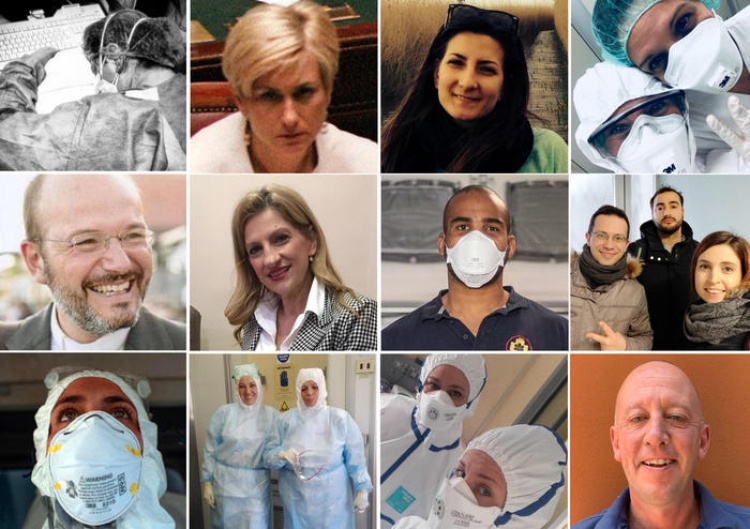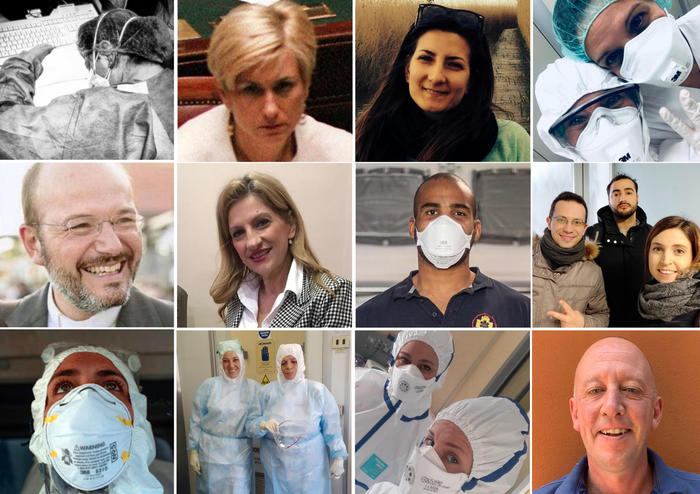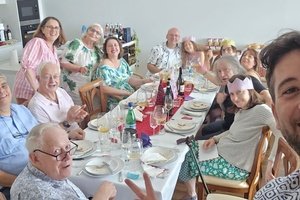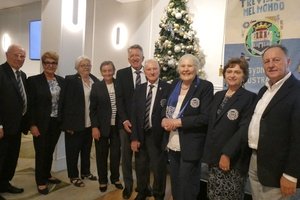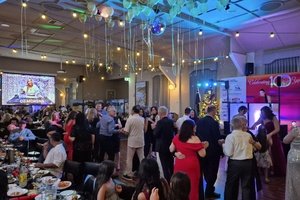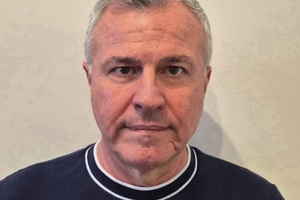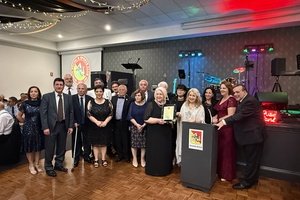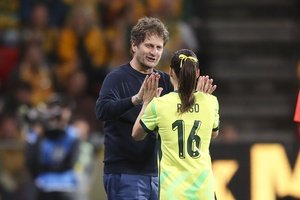The Order of Merit of the Italian Republic, Italy’s highest honour, was awarded to mainly frontline healthcare workers but also individuals in other professions who excelled with their actions of kindness and goodwill during the nation’s darkest hour, Italian news agency ANSA reported.
Among those to receive the honour were Annalisa Malara and Laura Ricevuti, an anaesthetist from Lodi and a hospital doctor in Codogno who were the first to treat Italy’s “patient zero”, and Maurizio Cecconi, a professor of anaesthesiology and intensive care at Milan’s Humanitas University, who has been dubbed by the Journal of the American Medical Association (JAMA) as “one of the three global heroes” on the pandemic.
Biologist Maria Rosaria Capobianchi and eight of her colleagues at the Spallanzani National Institute for Infectious Diseases in Rome who helped isolate the DNA sequence of the novel virus were also knighted.
So was Elena Pagliarini, a nurse in Cremona whose picture went viral when she was shown slumped over a desk in exhaustion at the end of her shift.
Pagliarini, who contracted the coronavirus but has since recovered, said that the honour was “very moving for me and for the whole nursing sector I represent”.
Hospital cleaner Concetta D’Isanto, who works in Milan, was knighted on behalf of cleaning staff everywhere, the president’s office said in a statement.
There were also honours for other non-healthcare workers who helped in whatever way they could: like Alessandro Bellantoni, a taxi driver from Calabria who drove a three-year-old child 1300 km for free so she could see cancer specialists in Rome at the height of the pandemic.
Knighthoods also went to Riccardo Emanuele Tiritiello, a student in Milan who, along with his father and grandfather, cooked free meals for doctors and nurses, and Francesco Pepe, a restaurant owner in Campania who used his kitchen to bake for elderly people and others in need.
Others were honoured for their generosity, including Mahmoud Lufti Ghuniem, a food delivery rider who spent over half of what he earns in a month buying 1000 face masks that he donated to the Red Cross in Turin, and Rosa Maria Lucchetti, a supermarket cashier in Le Marche who gave emergency call operators three prepaid cards of €250 each to spend on groceries.
Another knighthood went to Piero Floreno, a long-time sufferer from severe motor neurone disease who offered a public hospital in Piedmont one of his two ventilators for use by coronavirus patients.
Other people donated their time and skills, such as Maxime Mbanda, a player on Italy’s national rugby union team who volunteered as an ambulance assistant in Parma, teacher Cristina Avancini, who continued giving remote lessons in Vicenza despite the fact that her contract had expired, and Irene Coppola, a fashion designer from Gallipoli who sewed through the night to make more than 1000 face masks and helped create a see-through version for people who lip-read.
Renato Favero and Cristian Fracassi, a doctor and an engineer in Lombardy who worked together on a way to adapt high-street snorkelling masks into emergency oxygen masks, were also knighted.
While the honours went to individuals, they represent the joint efforts made by many more people in Italy “in the name of solidarity and constitutional values”, the president’s office said.
The knighthoods were announced on June 2, which marks Italian Republic Day.
The national holiday is traditionally one of two occasions per year when Italy awards knighthoods for “merit acquired by the nation”.
To date, Italy has officially recorded 33,689 deaths from coronavirus, while more than 234,000 people have tested positive for the virus.

